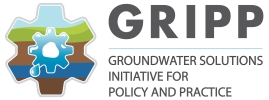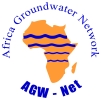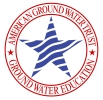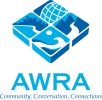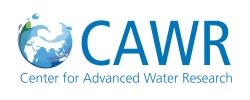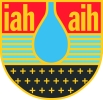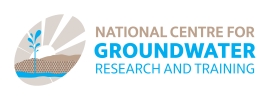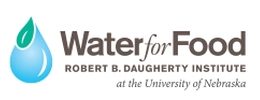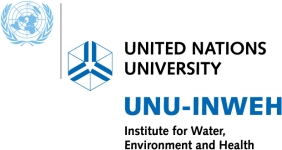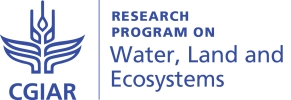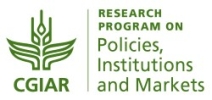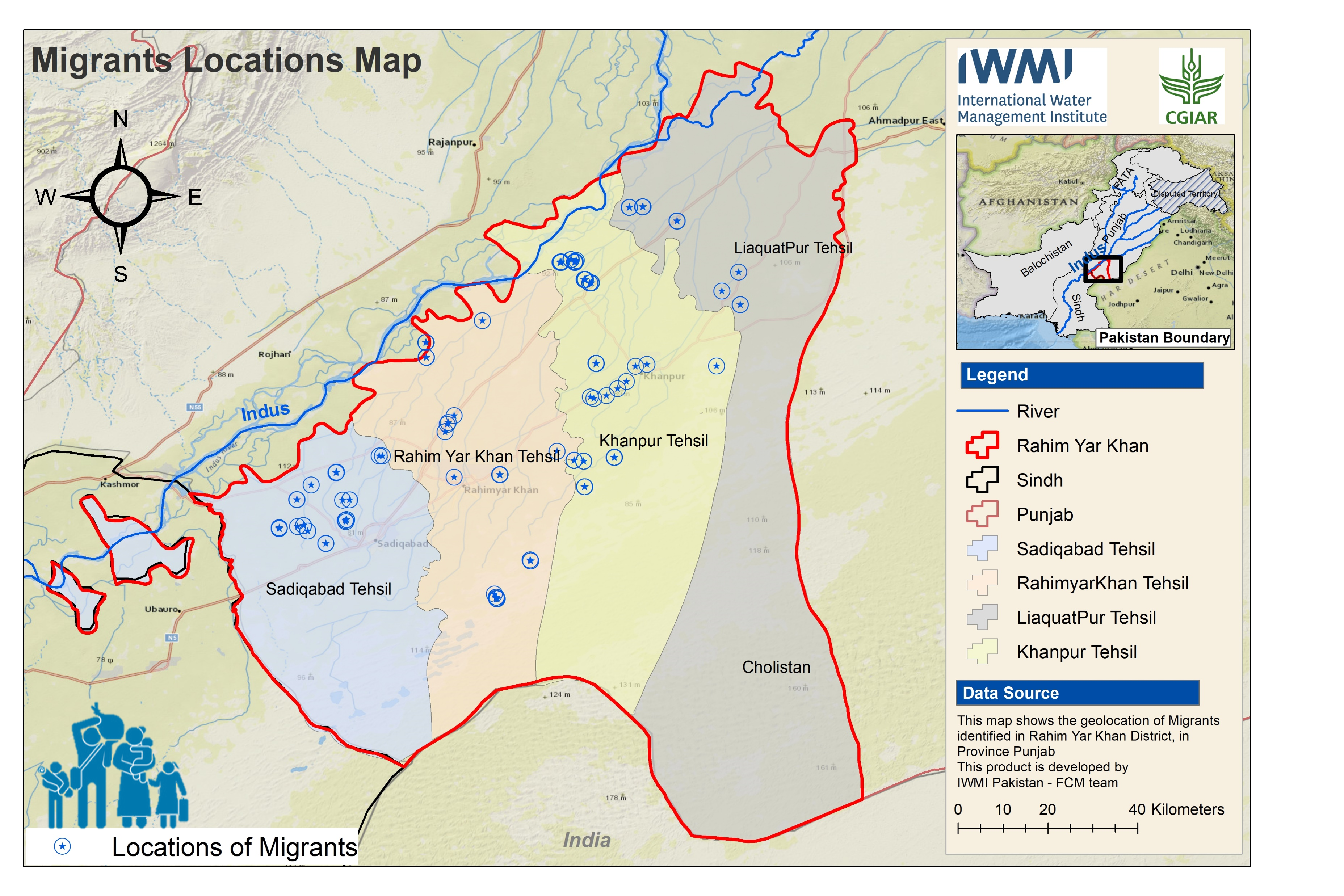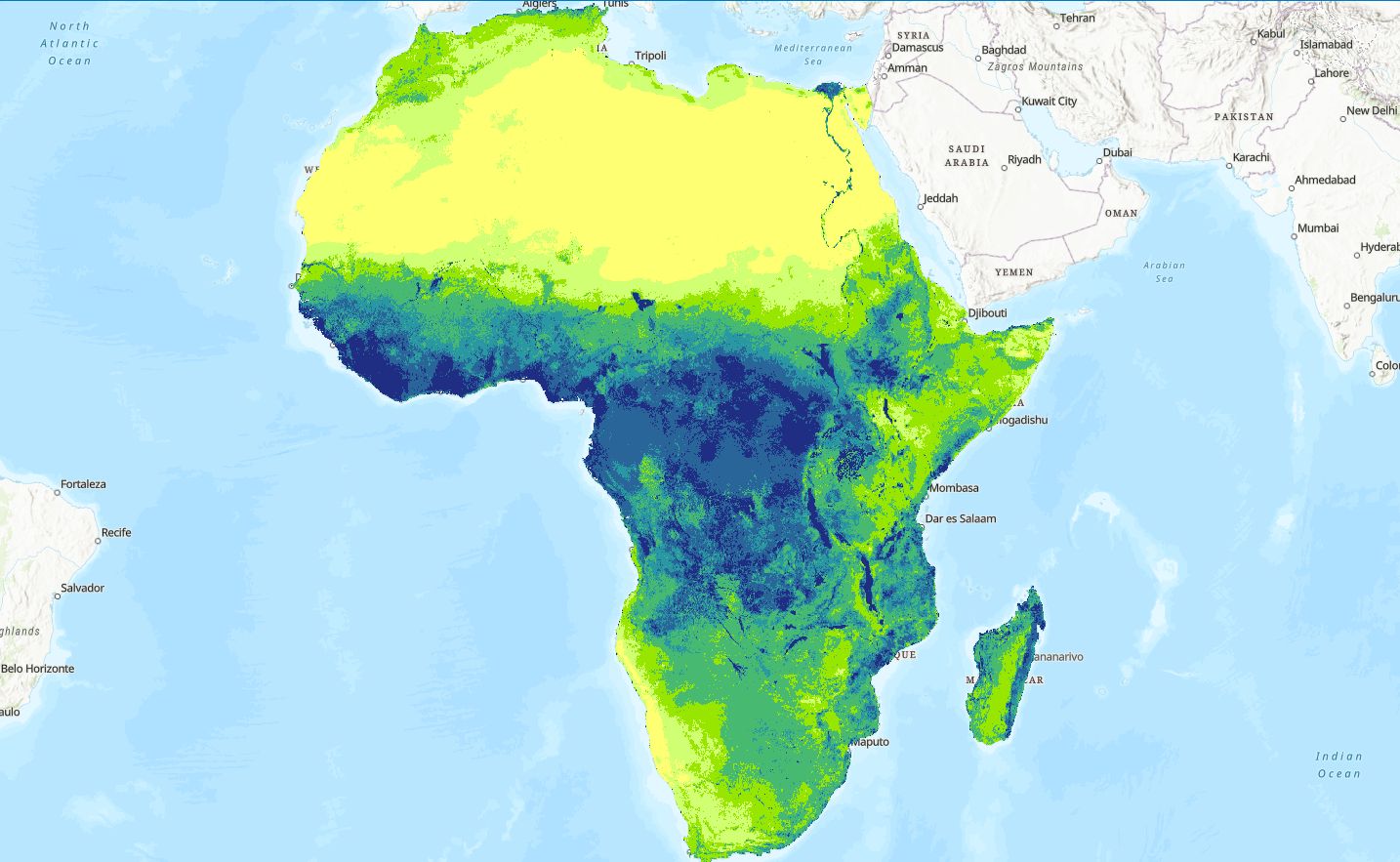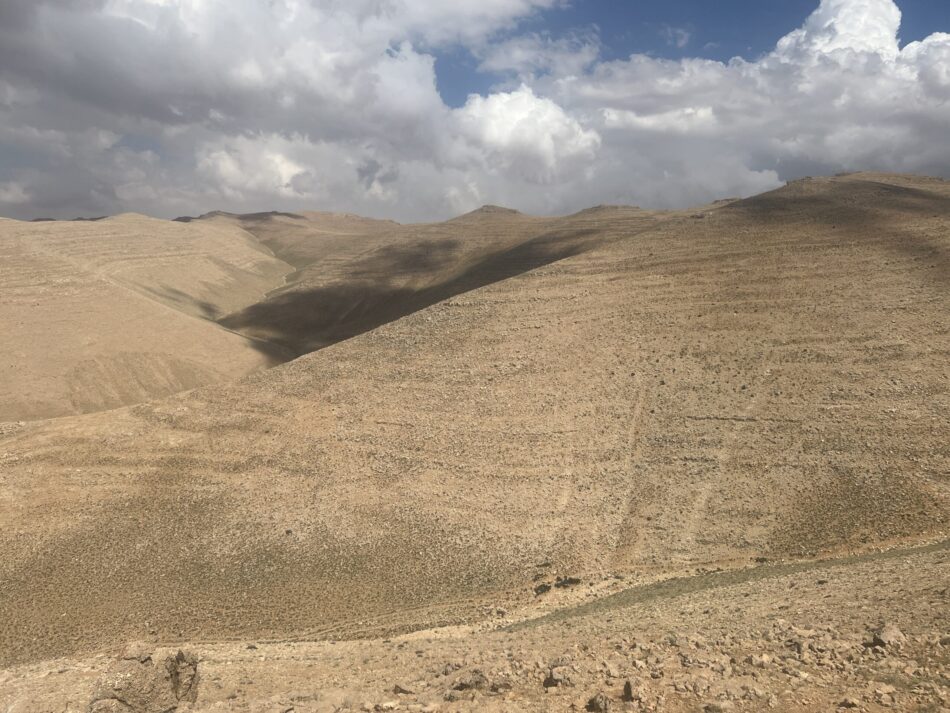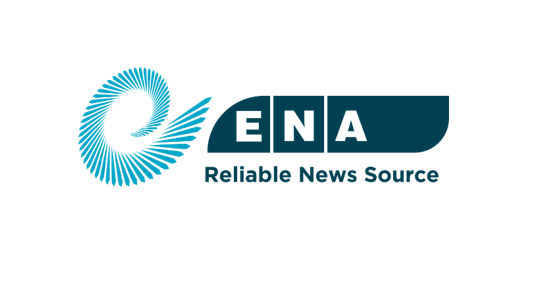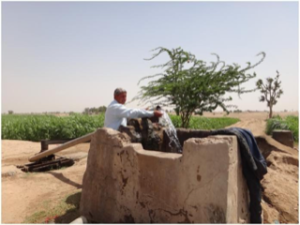
Farmer utilizing flood-derived groundwater for his irrigation in Yemen, photo: Adel Zolail
Spate irrigation is one type of flood-based livelihood systems where short duration predictable floods are diverted, distributed and managed from seasonal or ephemeral rivers (sometimes called wadis). The region of present-day Yemen is generally considered the first in the world to practice flood-based farming, dating back thousands of years. The spate-irrigated areas, consisting of about 120.000 ha, are among the most important and fertile agricultural lands in Yemen. Currently, spate irrigation accounts for 11% of the agricultural area in the country. It is closely associated with groundwater recharge and spate irrigation areas depend on groundwater irrigation as supplementary irrigation source. Unfortunately, water resources in Yemen’s wadis have been managed randomly and unfairly, causing a deterioration in quality and quantity of groundwater and unequal access to the resource.
Recent research by GRIPP Partner MetaMeta involves a case study of one of the oldest spate irrigation areas in Yemen called Wadi Zabid. It shows that one of the main challenges is over-exploitation of water resources in the upstream catchment due to intensive banana cultivation, which harms groundwater access in downstream areas. There is an annual deficit of about 110 MCM in Wadi Zabid affected by technical, regulatory and social factors.
This paper has been produced as part of the International Fund for Agricultural Development (IFAD) and European Commission (EC)-funded project Africa to Asia: Testing Adaptation in Flood-Based Resource Management. This project aims to solidify the expertise on flood-based livelihood systems (FBLS) by sharing the knowledge-base and upscaling tested approaches. The project hopes to contribute to growth of practical knowledge and national and local capacity. This will systematically and comprehensively support the productive use of all the various types of FBLS through four main components: 1. network establishment and strengthening, 2. knowledge development and solution management, 3. capacity building, and 4. support to investment programs and policies. The paper is an outcome of research by the Flood-Based Livelihoods Network (FBLN) Yemen in collaboration with the Water and Environment Centre Yemen (WEC).
MetaMeta started focusing on FBLS in 2004 as part of the Spate Irrigation Network (SpN). Since then, many outputs have been developed, inter alia practical notes, overview papers, guidelines, taped lectures, training modules, short courses and an internship programme. Recently, the SpN turned into the Flood-Based Livelihoods Network (FBLN). It not only works on spate irrigation for farming, but includes all systems that make use of temporarily predictable flood water to support farming, fisheries, agroforestry, grazing grounds, recharge and groundwater storage. The FBLN is active in eight countries (Afghanistan, Malawi, Myanmar, Kenya, Ethiopia, Sudan, Yemen and Pakistan) and working closely with local organizations and institutions. The main aim of the network is to create more attention for understanding, improving and developing FBLS in order to positively contribute to the livelihoods of many people.
For more information about the FBLS, the project and the network; visit http://spate-irrigation.org. To stay up to date about our activities, you can follow us on Twitter or like us on Facebook.






